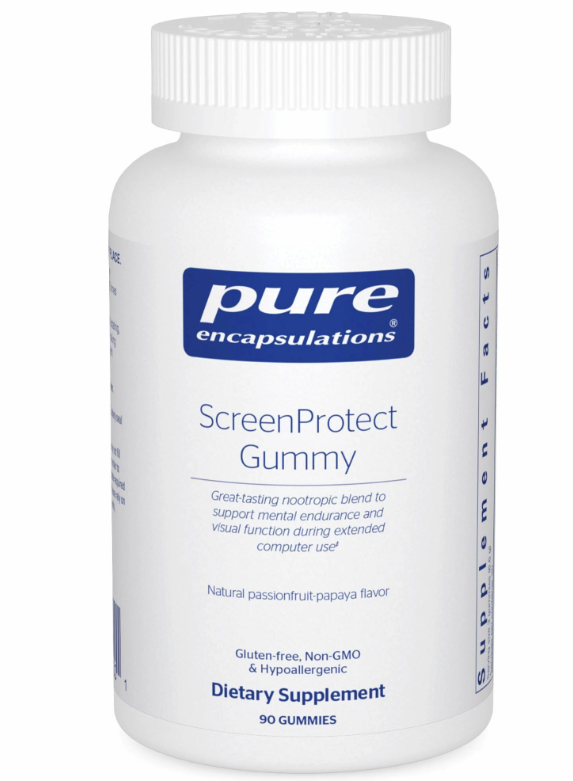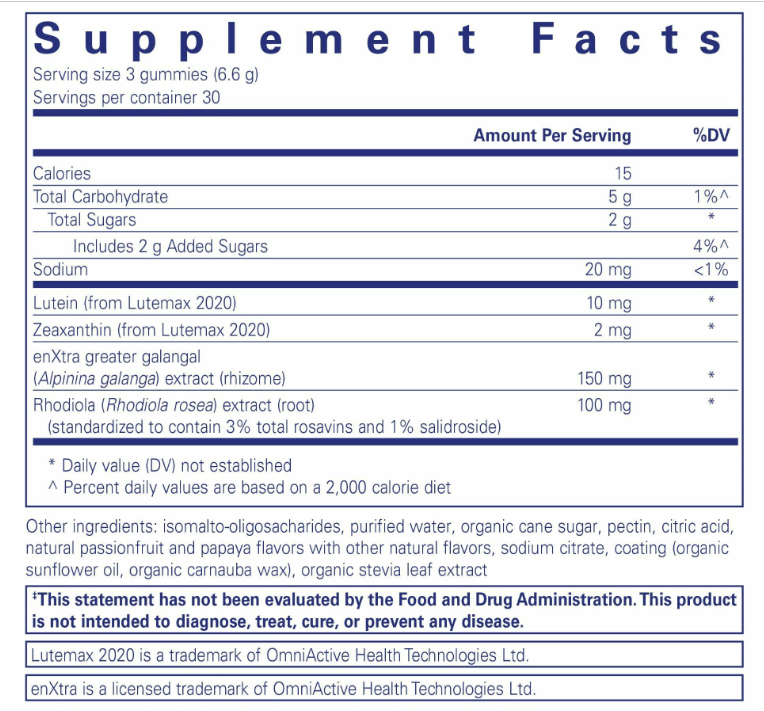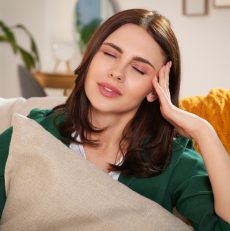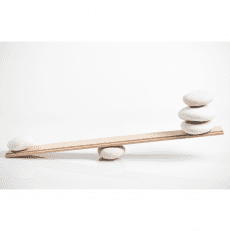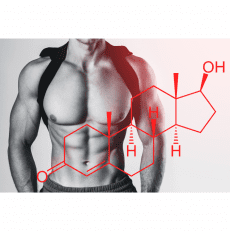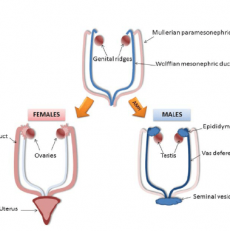Description
Research shows increased computer screen time is associated with increased, eye fatigue and eye strain. Additionally, it can impact sleep quality. Computer screens emit high-energy blue light that can affect eye tissue. Lutein and zeaxanthin selectively absorb high-energy blue light, as well as support immune function and cytokine balance in the eye. Numerous studies indicate that lutein and zeaxanthin promote the density of the macular pigment in the eye, forming a protective layer that filters light and enhances antioxidant defense. Several randomized studies have revealed that supplementation with 10 mg lutein and 2 mg zeaxanthin promotes macular pigment density, associated with visual acuity and function. Research indicates that these carotenoids help enhance contrast sensitivity, the ability to differentiate edges, as well as how rapidly the eyes recover from a bright light source. In a randomized clinical trial involving college-aged subjects exposed to 6 or more hours of screen time daily, supplementation with 20 mg lutein and 4 mg zeaxanthin for 6 months promoted macular pigment optical density, eye comfort and visual performance. Supplementation also supported sleep quality scores. Lutein and zeaxanthin have also recently been identified as the primary carotenoids in the brain. Research studies have found a positive association between lutein and zeaxanthin intake, macular pigment density and cognitive function. This association is believed to be due to antioxidant defense and cytokine balance properties that help promote neuronal membrane stability and function. In two studies involving young healthy adults, lutein and zeaxanthin supplementation promoted various cognitive faculties, such as spatial memory, visual processing, reasoning and sustained cognition. Alpinia galanga, also known as greater galangal or Thai ginger, contains a rich phytochemical profile including flavonoids, terpenoids, glycosides and polyphenols. Preliminary research suggests that it may target dopamine reuptake and acetylcholinesterase, the enzyme which breaks down acetylcholine. In a randomized controlled clinical trial involving 70 adults, a single dose of 300 mg Alpinia galanga water-soluble extract promoted sustained attention and alertness over the 5-hour period. In a comparison study, a single dose of 300 mg of Alpinia galanga was compared with and without caffeine. While caffeine promoted mental alertness the first hour, it was followed by a “crash” at hour 3 worse than placebo. Alpinia galanga supported mental alertness at hours 1, 3 and 5 without a decline indicating support for extended computer use. The herbal adaptogen Rhodiola rosea has been used for hundreds of years to help lessen mental and physical stress and to promote endurance. Preliminary studies suggest that salidroside provides neuroprotective effects and helps maintain healthy dopamine reuptake.

